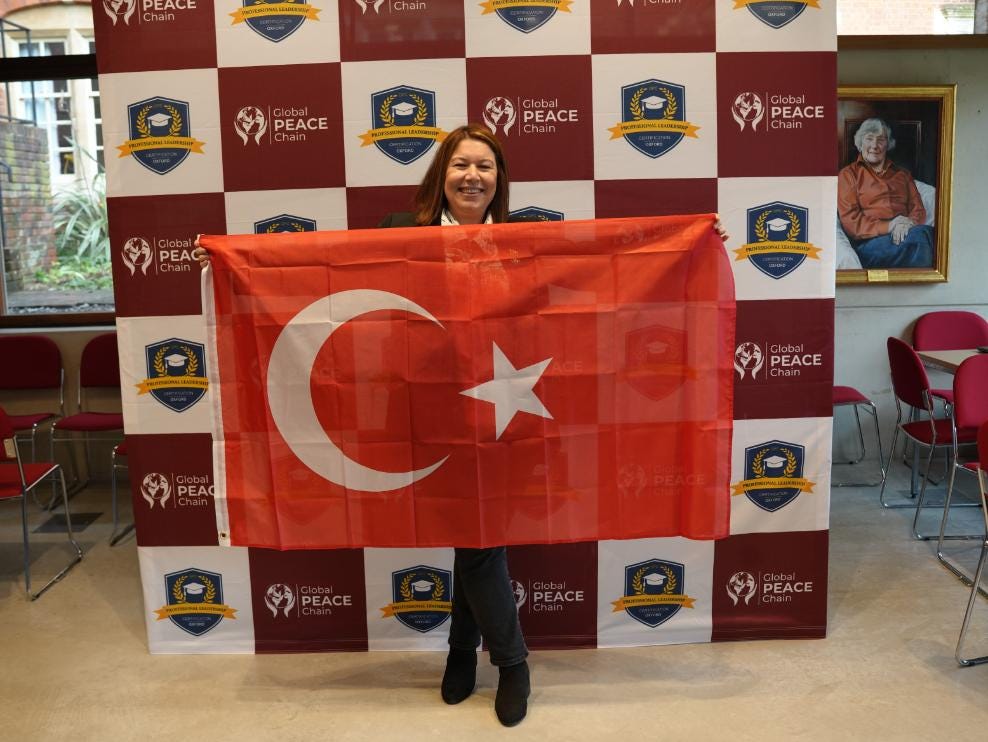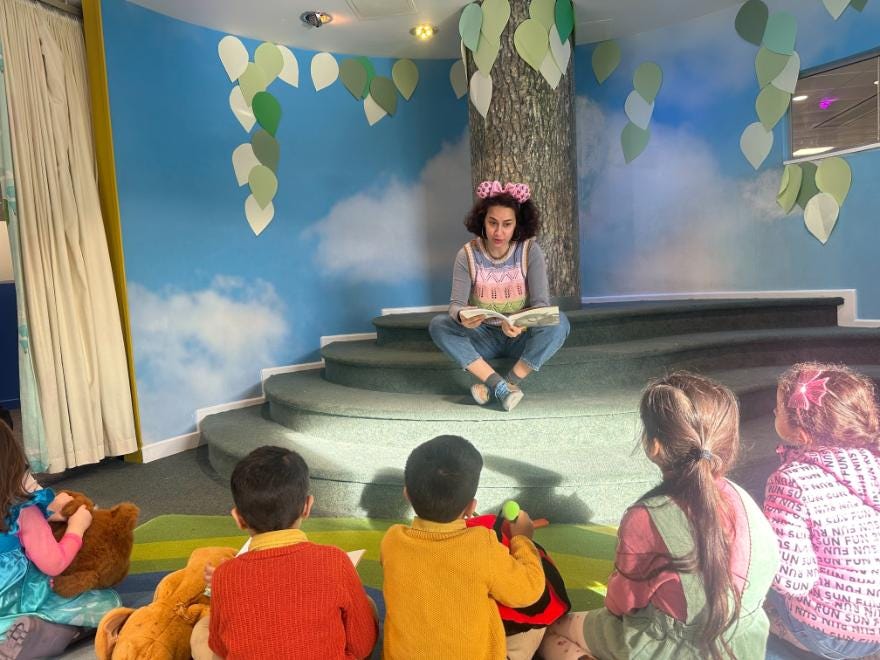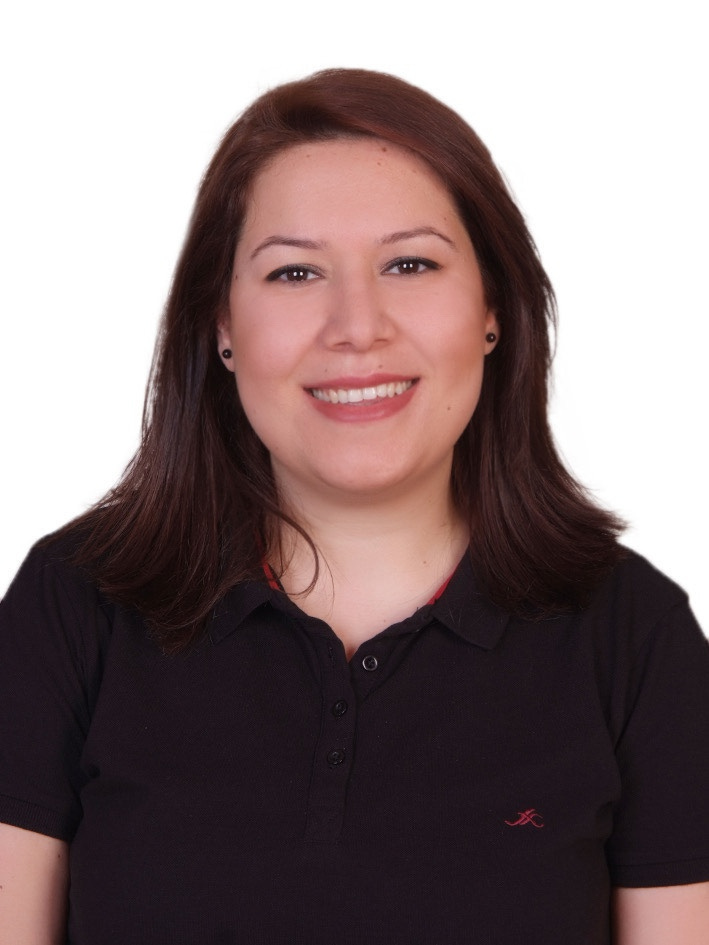Why mother languages matter
Ahead of International Mother Language Day, Newcastle-based Ulfet Sahin explains why embracing homegrown culture and tradition holds the key to happiness and confidence for thousands of young people
Ulfet Sahin arrived on Tyneside eight years ago when her husband was awarded a fully funded opportunity to study for his PhD at Northumbria University. “I came from Turkey able to speak English and German — as well as my mother language — and we settled in quite quickly,” she explains.
“My husband and I have visited many cities in the UK but we loved everything about Newcastle and knew that’s where we wanted to make our home. Once I was here I realised there was a need to help young Turkish people learn a new language, without losing ties to their native tongue and culture.”
Ulfet is both a keen advocate of EAL — teaching English as an Additional Language — and an ardent supporter of retaining the centuries-old cultural ties that still bind communities and generations together, wherever they are in the world.
Actively involved in International Mother Language Day (February 21), through her work with Success4All and Express Yourself: North East Festival of Languages, she understands better than most the value of language and cultural heritage.
“I was a stammerer when I was a kid and it was really hard to talk my own language,” she adds. “But thanks to my great English teacher, I learned how to speak properly in my own language and in English.
“Learning a second language is a bridge for kids between retaining key elements of their own culture and embracing a new culture. It’s an opportunity to express how you feel and understand how different languages — and dialects — can lead to different interpretations.
“I’m a huge advocate for children arriving here learning English as soon as possible but never to the detriment of leaving their own language behind.”
Ulfet, a tutor at educati
on charity Success4All, works with the North East Festival of Languages team to promote Home Heritage and Community Languages (HHCL).
This year’s festival workshops include Learning Arabic with Team Games and Yoruba language and culture events. Schools can also access a downloadable activity pack for Celebrating Indigenous African Languages.
Ulfet has translated this year’s Festival Song — What A Wonderful World — into Turkish so that children can take part in a regional multilingual performance of the Louis Armstrong classic.
And on February 24, she will shine a light on International Mother Language Day by reading stories in Turkish to children invited to attend Newcastle City Library’s free Love Your Mother Language Day.
“To be honest, I feel much safer and more confident when I speak Turkish because it's my culture and it's my identity,” adds Ulfet. “And when I speak Turkish, I feel as if I’m at home. Last year, for example, we celebrated our Republic Day with many families now based in the North East.
“People say the Turkish language sounds romantic and I love that. I know when and where to stress certain words that just don’t translate in the same way. That in itself sparks conversations around language that can lead to a greater understanding and appreciation of diverse cultures.”
It was Bangladesh that first made moves to celebrate International Mother Language Day and an increasingly popular initiative has been observed worldwide since 2000.
Backed by UNESCO, who believe in the importance of cultural and linguistic diversity in order to drive sustainable societies, the annual event is seen as a showcase for preserving the differences in cultures and languages that foster tolerance and respect for others.
The Bangladeshi language, culture and traditions are celebrated at two in-person Express Yourself events in Newcastle and Sunderland in March — run by community associations and reinforcing the key message of International Mother Language Day.
Nurturing HHCL offers significant social, economic, and cultural benefits to children and young people, investing in their personal development, future success, and the enrichment of society. And research shows that by supporting HHCL, schools not only empower individual students but also create a richer, more connected and globally minded school community.
“In Turkey, I was a teacher,” adds Ulfet. “I taught English literature for 15 years but unfortunately, because of the education system over there, I couldn't work as a full-time teacher there.
“Now I'm trying my best to help children coming over here to have the best opportunities possible. I come from a poor family and my mother was a single parent. That was tough but what I had in my favour was a good education.
“Learning different languages opens so many doors and I urge my students not to close their minds to the opportunities that arise if you’re multilingual.
“Thanks to learning English I was able to get a great job over here and they can do the same. But I also say ‘please keep your own language and your own culture’. One day that will be useful too.”
Unfortunately for Ulfet, that reality is rarely reinforced in schools.
“The problem is that most schools still don’t support home languages,” she explains. “They might offer French, German and Spanish but nothing else.
Read more: Newcastle Theatre Royal’s Open Door initiative to nurture North East talent
“I have a student who moved from Turkey just four months ago and he’s in Year 11. He's trying his best to learn English but he doesn't know any key terminology in maths or in science. He’s actually able to achieve a grade nine in his mother language but at the moment it feels to him as if he’s being punished for being Turkish.
“That has to change and that’s why International Mother Language Day and the North East Festival of Languages are so important. There has to be a balance between embracing a new language and celebrating your mother tongue.”
Ulfet’s view is reinforced by Steven Fawkes, volunteer and trustee at Association for Language Learning (ALL). He adds: “A language, any language, is the route to communicating with other people, exploring their ideas and thoughts and discovering culture — old and contemporary.
“Being born into a family or environment with more than one language is an advantage that people can be proud of, use and celebrate in many domains of life, including employment.”
For further information on the 2025 Express Yourself: North East Festival Of Languages and to register for activities visit expressyourselfne.com and follow the festival via Instagram, Facebook and X.




